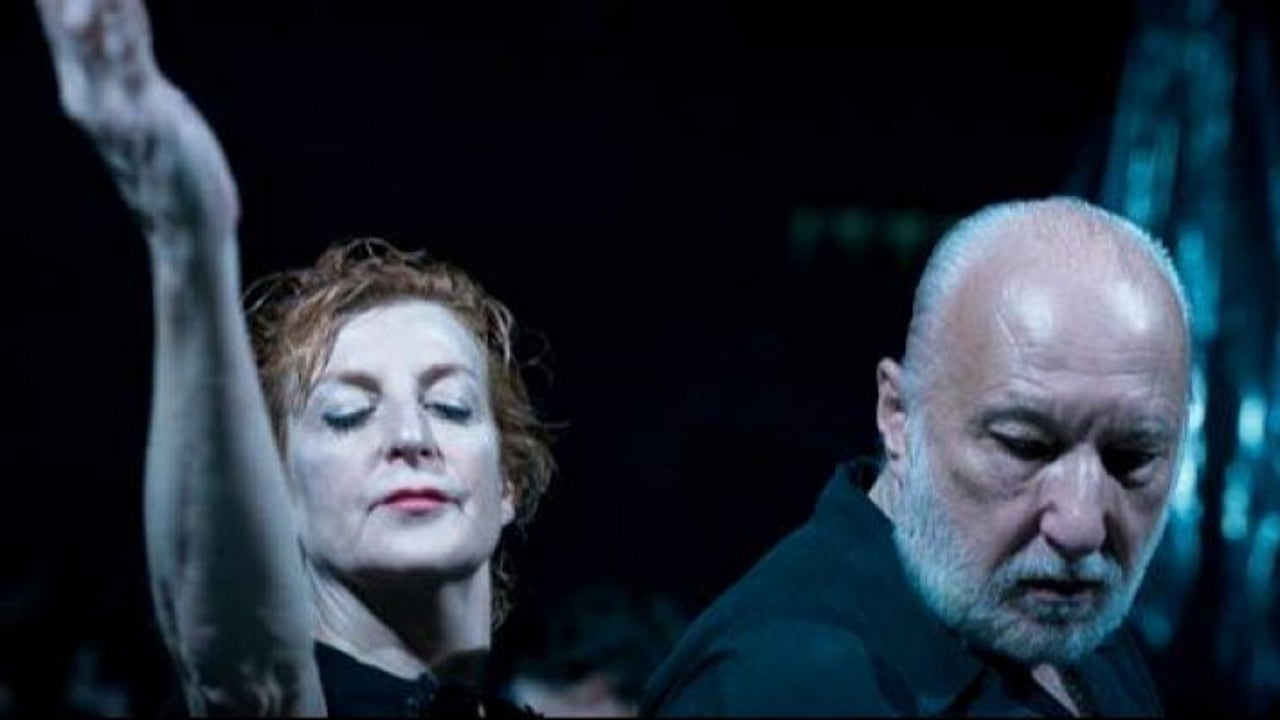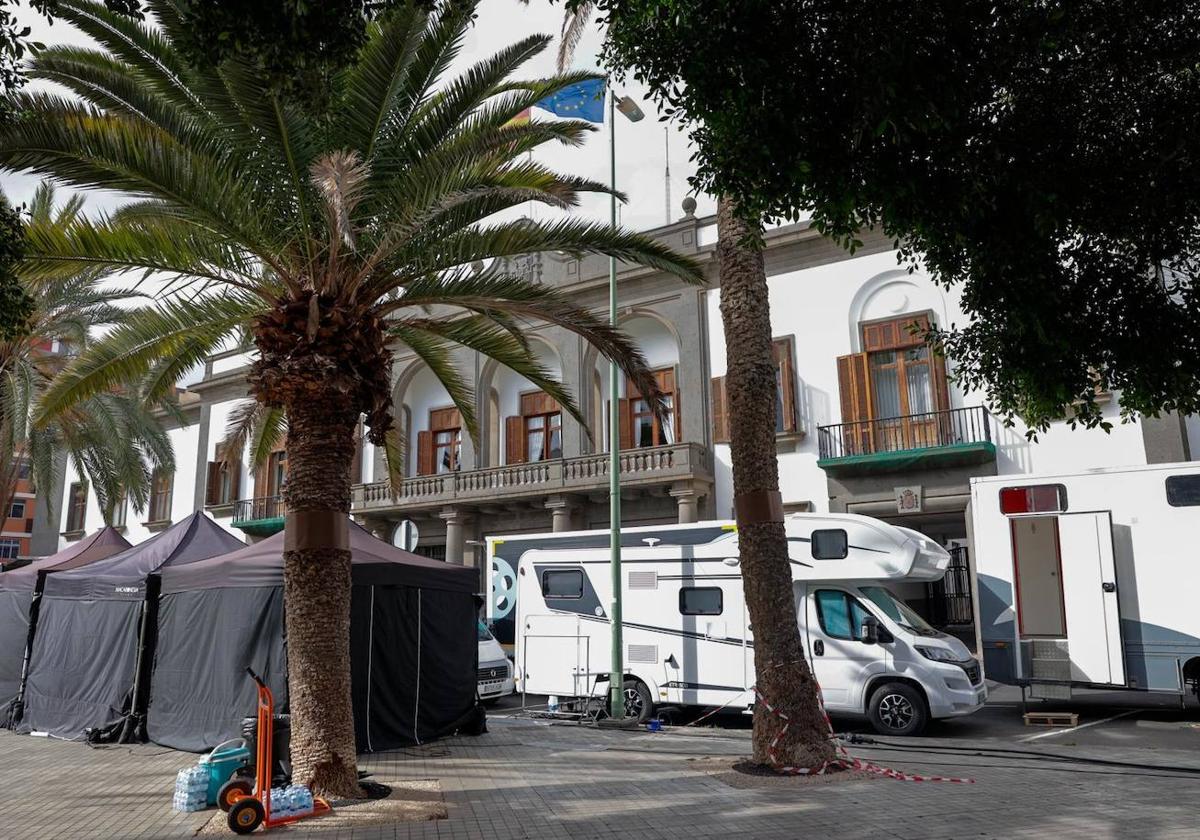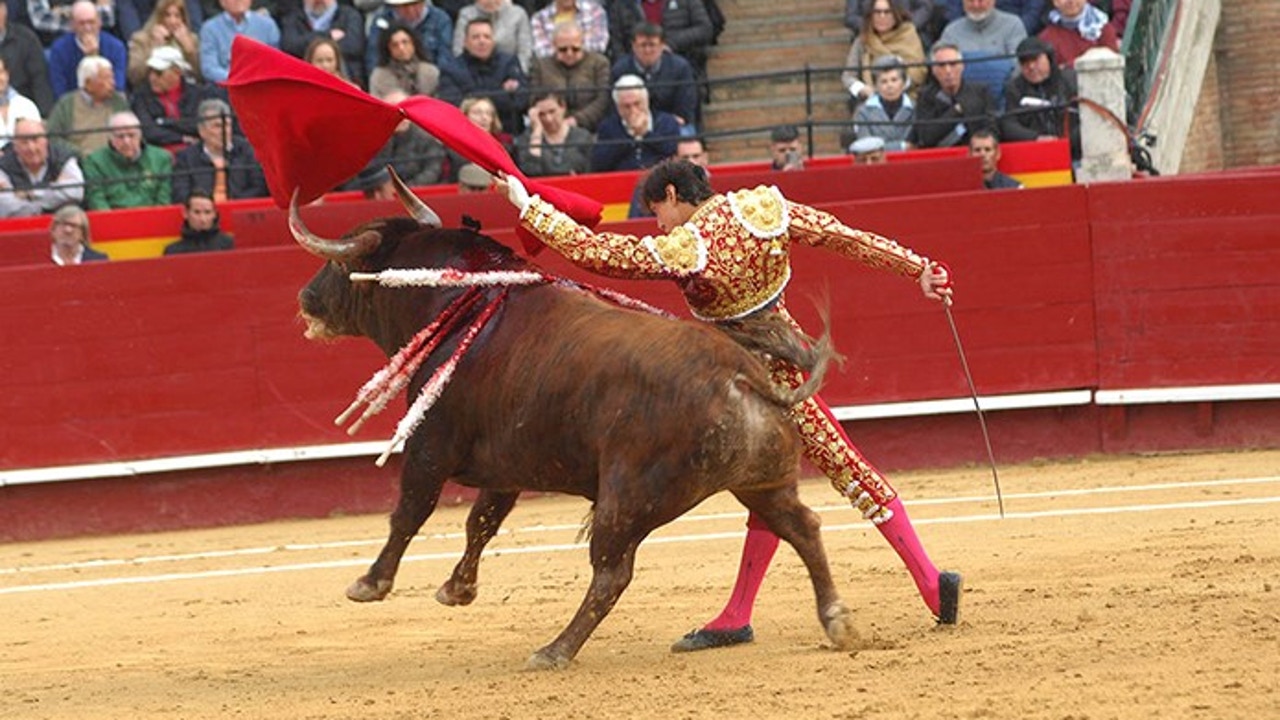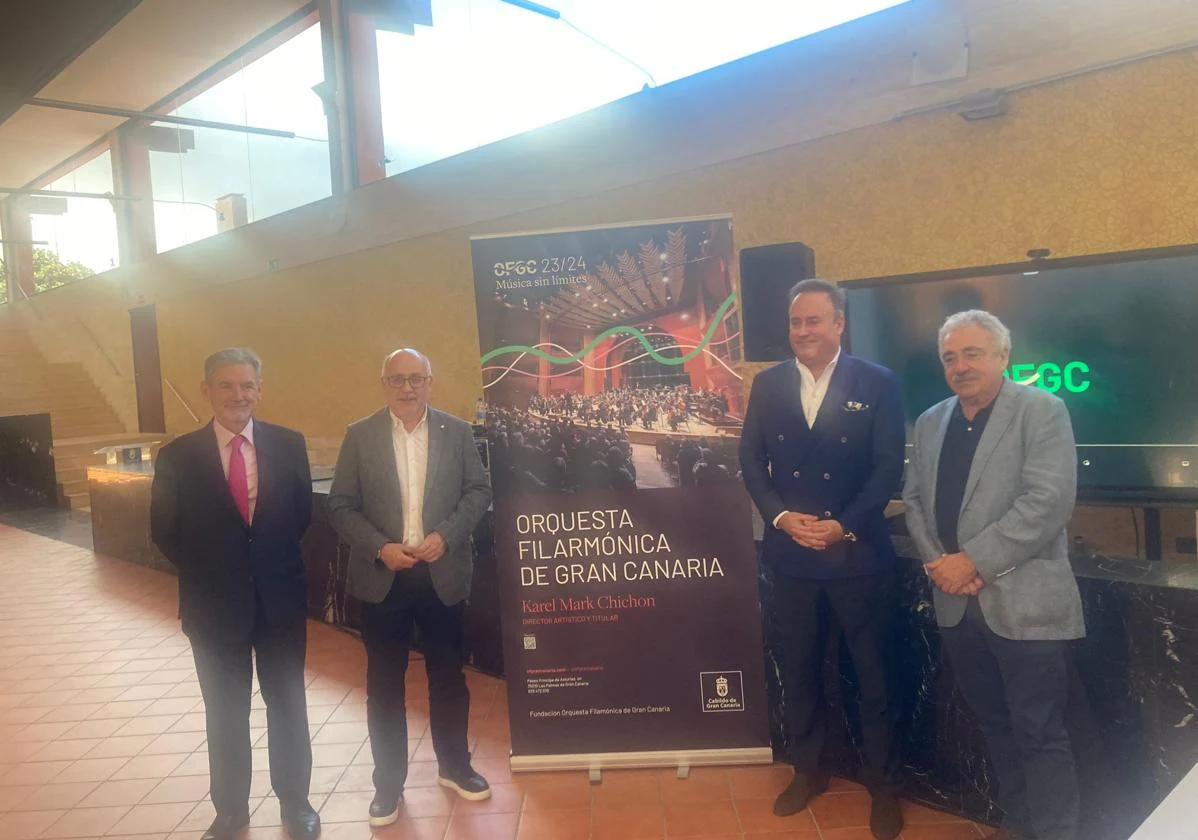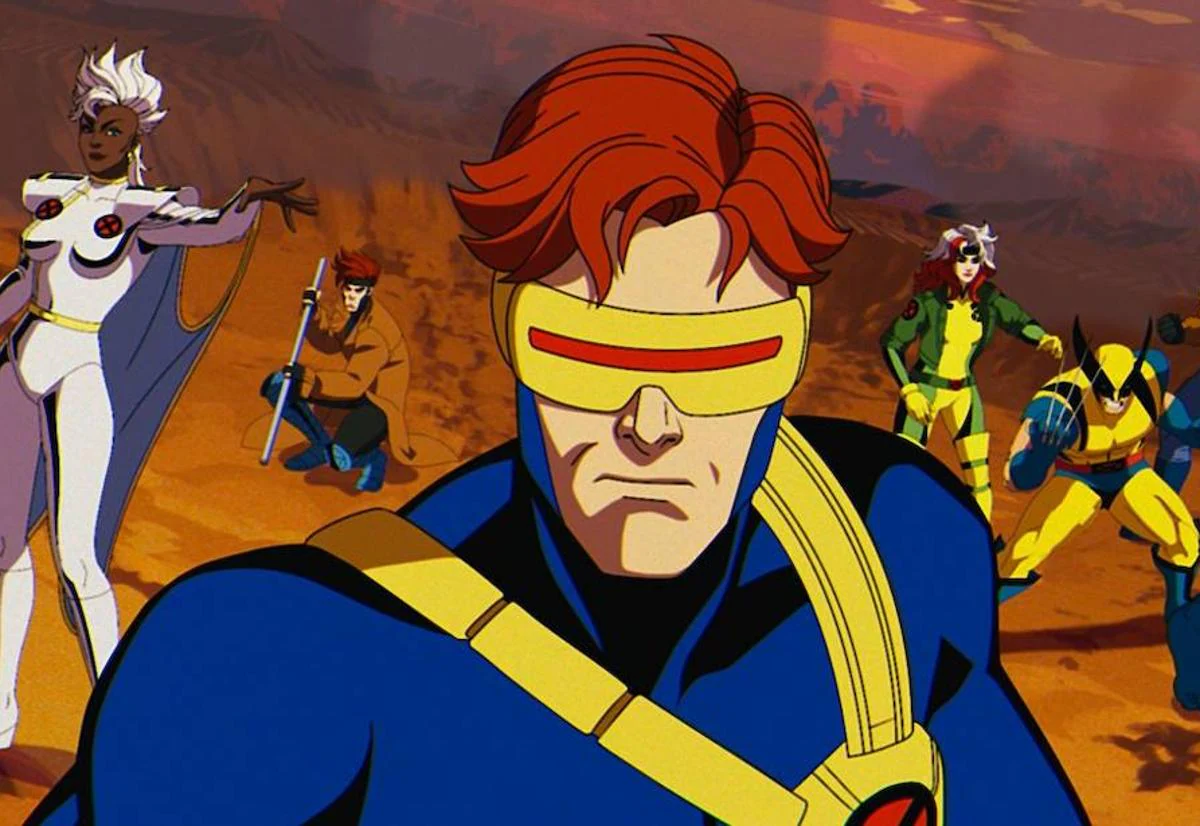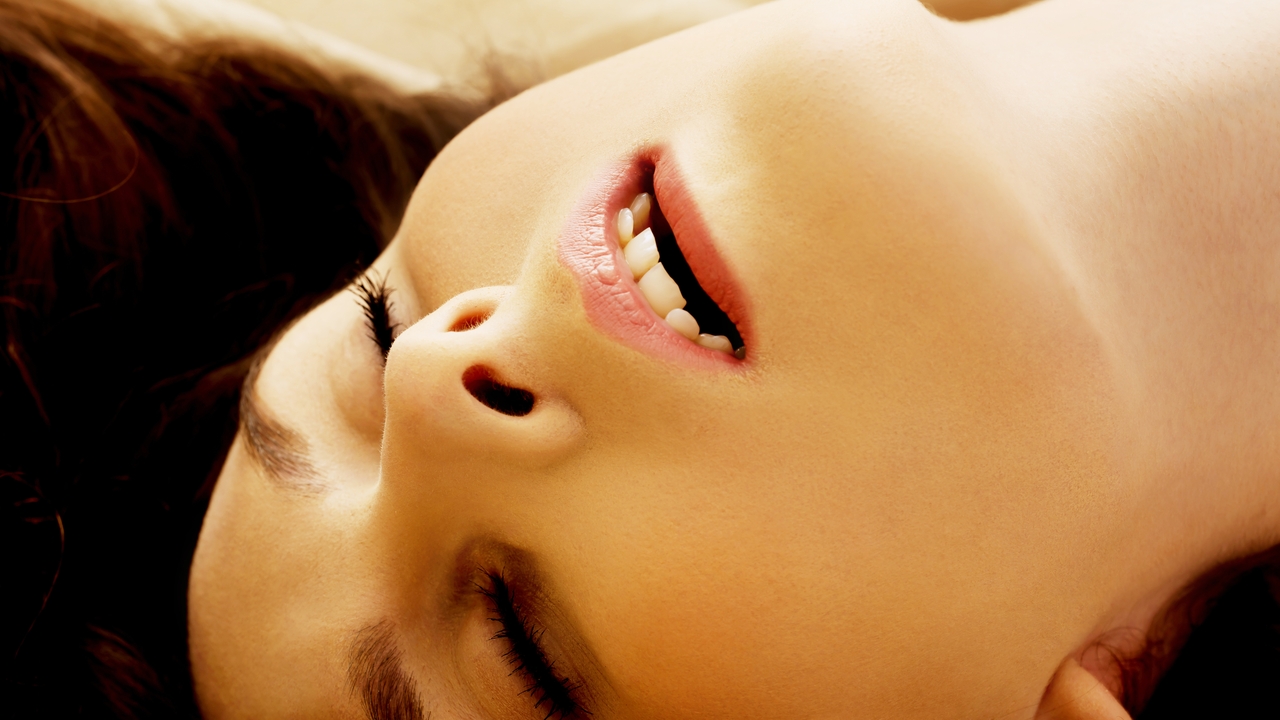In a hotel pool, looking skeptical

The title is a hook, a quote and a hook, there is no pool worth it, it is the song that is playing now. Radio Futura suits Paris very well, but Radio Futura suits everyone.
I'm tired of using memory, I just want to look, which is the opposite of making observations. To realize myself at this precise moment, I enter the Barbier gallery and I stop in front of that Christophe Blain drawing that I've been obsessed with for a couple of years. With my glasses on the end of my nose, I study the rider in distress, the horse climbing down the rock, I feel that I am descending with him just as one descends to hell, with the extreme caution of someone who knows the way well.
The mount merges with the stone, black as the difficulty, carved in graphite to offer its various facets, and it seems that the limestone is looking for the exact volume and erosion on the paper, that it manipulates it. The horse, which does not lose its footing, is given by the eraser, it is not outlined but extracted: Blain traces its silhouette and when he thinks it appropriate, draws a void that gives the exact shape and gesture of the animal body. Without ceasing to be a pure, flat and sufficient image in its two dimensions, it is a work close to sculpture, a comic drawing sustained by some celestial traction.
In addition to being the best cartoonist in Europe, Christophe Blain is a handsome artist, an attractive man, albeit in the dainty and slightly bland way of the usual Frenchman, as Macron can be. In any case, this seems to me to be an extraordinary phenomenon because in Spain there are only three handsome cartoonists: Kano, Irkus M. Zeberio and Max making magpies fly. The rest are ugly as hell. Authentic freaks. You can not imagine it.
In Paris, films are released on Wednesdays. The cinema, thus, is imbricated in the week of the city. The same cinema that for us is a thing of the weekend, an increasingly remote leisure option, here infiltrates the middle of life and becomes an incidental fact that is enjoyed, talked about and debated at all times. The fact that, for twenty euros a month, you can have a card that allows you to see as many times as you want the four hundred movies on billboard helps somewhat.
It's ridiculous to write from Paris, but I'm in Paris, what can I do? To mitigate the embarrassment, I go into one of the many cinemas that show As bestas, a Rodrigo Sorogoyen which, like all of his, is not bad and it is not good, but it has rags and character and expresses the miserable darkness that Spain consists of. She does it using the idea, so well known and profitable by the rich, that the worst enemy of the poor is always going to be the poor.
In Sorogoyen's cinema there isn't much to do, the viewer doesn't have much room, but, just in case, when I leave I don't open my mouth and smile when they hold the door for me instead of thanking me verbally, it's not going to be that they perceive my nationality. I remember then that in my country there are those who wear a bracelet with a flag and I feel shame and nausea at the same time. In the next room, Truffaut's American Night is playing, perhaps the most beautiful film ever made about the singular and alchemical fact of making a film.
François Truffaut, whose remembrance here is perpetual (this summer his filmography is scattered around the city), said that the Nouvelle Vague suppressed secondary characters to bring more truth to the screen, but that this gave rise to narcissistic films. In La noche americana he also appears as an actor and he does so wearing an earpiece, which suggests to me that he is listening to himself, giving himself instructions and reminding himself that cinema can be a physical matter or a sentimental matter. As this is a very crowded film, whenever I see it I find myself searching the choral shots for Nathalie Baye, so new and so beautiful then, fifty years ago, to genuinely desire her in the crowd.
Truffaut, who tried to commit suicide a couple of times for love, was not only a great director: I am convinced that he was also a good person, a humanist, which I don't know if it makes him a moral artist or if that is just a matter of optics, an impression of mine. His first film, for example, The 400 Blows, refers in the title to vital shocks, the blows that life gives, but it is a literal translation that does not contemplate the French expression. In its original version, the four hundred hits are the thousand and one, doing pranks one after another, something much happier. French cinema is not that serious, it's something I've said, and almost everything goes.
In Gustave Moreau's small house museum there is a painting of a monkey with a magic lantern that always catches me by surprise. Earlier, in a showcase where a handful of disheveled brushes and a box of watercolors have been arranged, I have seen some mussel shells dirty with gold if gold had the property of dirtying. My friend Eduardo Infante, a wise man and also a cosmic painter, explains to me that, after eating them steamed, Moreau must have used the molluscs as spatulas to brown them.
Instead of guards, this, which is the best museum in Paris, has three large jet-black dogs, perfectly trained Spanish Alanos that show their teeth when they feel a painting is threatened. Two of them, sitting on the back rooms, stand guard in the upper rooms, which correspond to the artist's workshop. A third, installed in the housing part (the sorcerer's house), remains alert lying next to what was the painter's bed, a tiny bed in contemporary eyes. In a further bend there is a public toilet in which I imagine Moreau pooping while rethinking his mythologies.
Sitting in the same cup, tiny in today's eyes, I finish reading Daft, a book by Pauline Guéna and Anne-Sophie Jahn that is the spectral chronicle of a progressive disappearance, the one that runs parallel to the success of Daft Punk, whose rise is based on the absence itself, on the reserve and on the impenetrable. The book is based on the testimonies and memories of more than forty people, it speaks of the French touch, of freedom, of the elemental nature of its lyrics, of robotic conversion ("two children re-entering the magical universe of their eight years") and the engineering of feelings. However, it is a common and fair reading, perhaps because the journey of Thomas Bangalter and Guy-Manuel de Homem-Christo does not present much adventure. Daft Punk have always defined themselves as being a bit of a backroom for themselves, by the way, less is more. But, ah, when electronic music was rock and roll…
In our lives there is only one constant: change. I've never known if Daft Punk were the beginning or the end of something, but I've always understood that their chrome helmets (which were originally going to have hair on them) operated like fishbowls of captive light and had a slightly different function than a mask, which, after all, only serves to be oneself and exercise one's own identity. Here we are, the symbolism again, the glare and the shadows! Daft Punk's references in this regard were Kiss, Space, the Residents, Metal Hurlant's designs... His favorite movie is also mine, Phantom of the Paradise. In Random Access Memories, an album in which plou i fa sol, there is a great song that begins like this: "There are so many things I don't understand".

